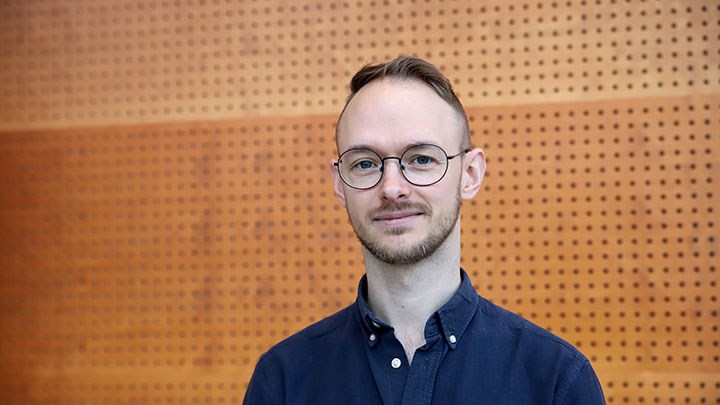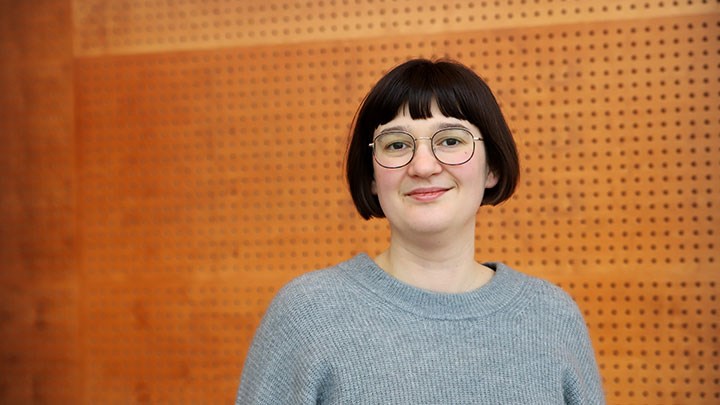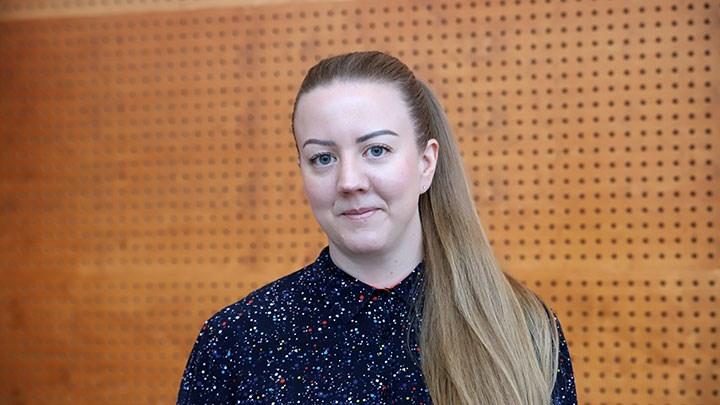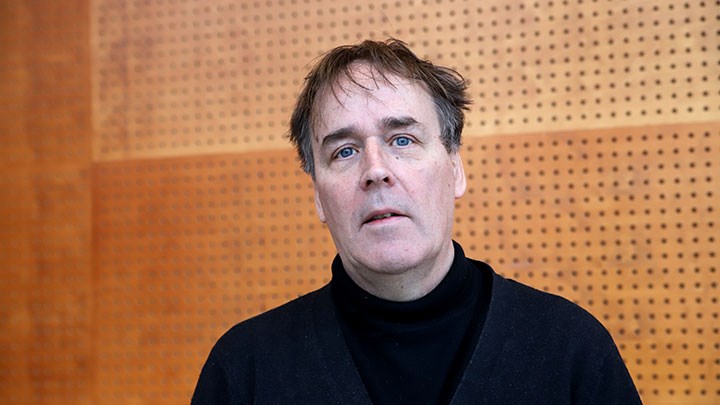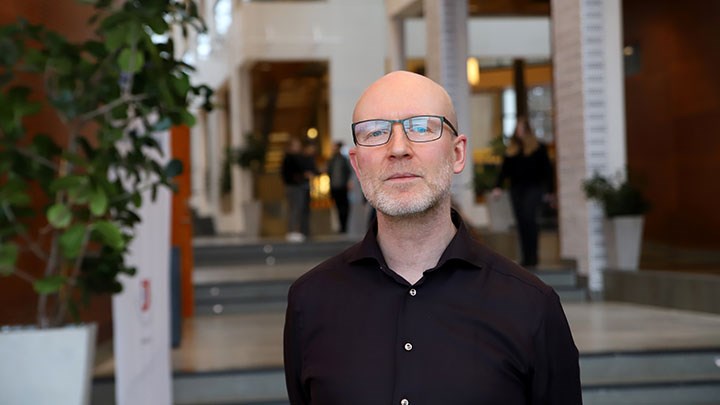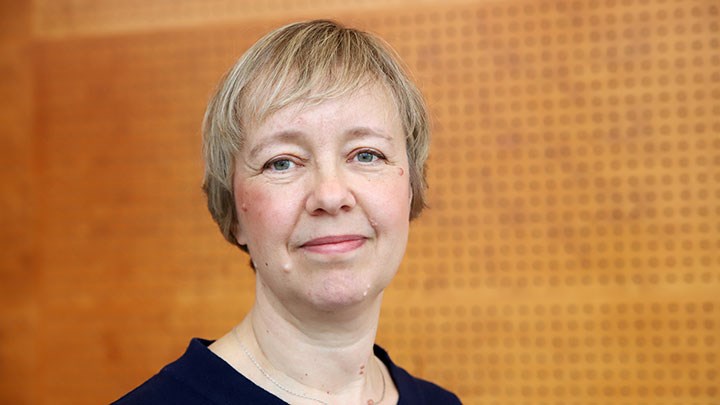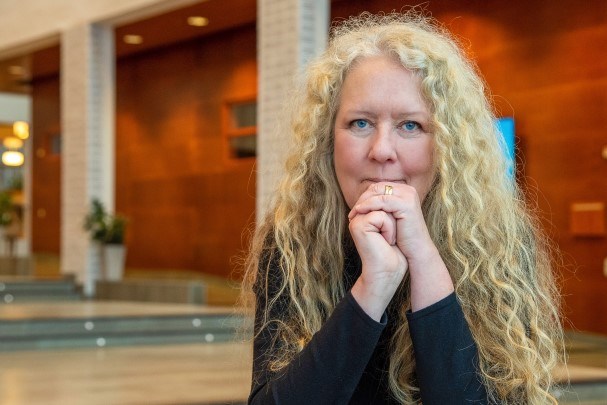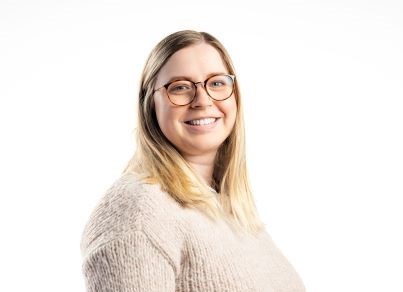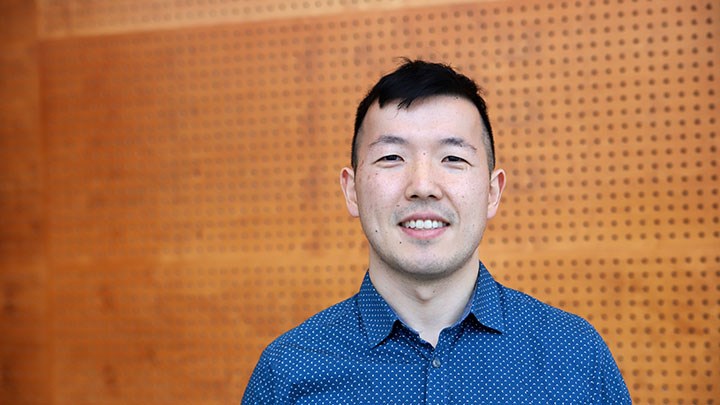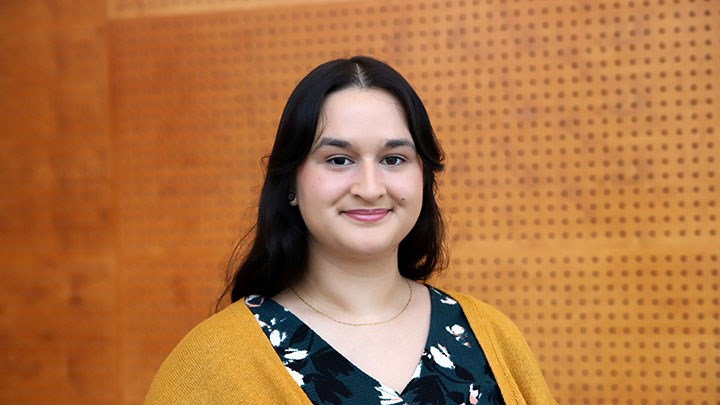What is your research about?
My research is about the power relations that exist in music education, music creation, and the use of music. Music is a source of joy, comfort, and energy. Music can create unity between people, nations, and cultures. But it also means that there are norms that create boundaries and maintain differences. Access to education, jobs, and stages is limited by notions of class, gender, ethnicity, age, and tradition. Social structures restrict who feels at home at a basement concert or at the opera. There are also clear hierarchies between different music genres and professions within the music world. It is these conditions and injustices that my research addresses.
How do you view the relevance of your research?
Whether we are talking about music education, professional musicians, producers, and troubadours, or amateurs singing in choirs, it is necessary to critically examine the relationship between music and humans. We need to make visible the norms and unjust conditions that make the music world, in all its forms, exclusive. We need to challenge established ways of thinking, actions, and power structures. An important way to contribute to change is to discuss the results of my research with students who are studying to become teachers, musicians, producers, or cultural strategists. When they enter the professional world with the ability to question what is taken for granted, challenge, and act differently, it helps create new, more just practices.
